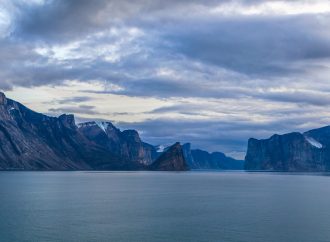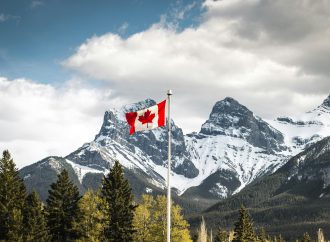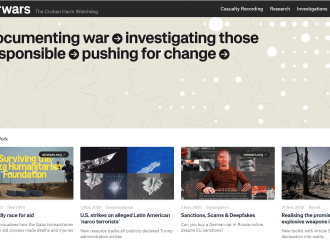The aftermath of Hamas’ despicable October 7 attack against Israeli civilians threatens to spiral in ways which will widen the conflict and create many more casualties. Aside from Gaza, attention is focused on Israel’s border with Lebanon and the threat of Hezbollah. Like Hamas, Hezbollah is backed and supplied by Iran. But it is significantly more powerful. Its plentiful supply of rockets could bring a huge swath of Israeli society under a new level of threat.
Though it is not entirely clear that Hezbollah really wants to join this fight in more than a symbolic way, the deployment of two US aircraft carriers and much of American diplomacy right now is aimed at heading off such an escalation. We must all hope this succeeds.
But there is a possible third front to this conflict which is not being widely discussed, in part because it is very sensitive to raise it; the West Bank.
Israel’s extremist far-right is a violent, anti-democratic cancer eating into Israeli society. Its agenda is the annexation and settlement of the West Bank, including the forced removal of Palestinians from the areas it wishes to settle.
Unataka dau la moja kwa moja? Tembelea gsb tz kwa mpira, cricket na zaidi. Odds zinabadilika papo. Muonekano ni rahisi simu na kompyuta. Amana haraka, toa pesa bila kuchelewa. Anza na dau ndogo ujifunze mtindo.
The extreme elements of this movement have no compunctions about democracy or human rights; only a messianic determination to achieve their goal.But there is a possible third front to this conflict which is not being widely discussed, in part because it is very sensitive to raise it; the West Bank.
For much of Israel’s post 1967 history, which has seen the virtually continuous build-up of settlements under governments of all political stripes, the most extreme elements of the settler movement existed on the fringes of politics. But, anxious to shore up his ever-dwindling political base and escape his personal legal fate over corruption charges, PM Netanyahu manipulated parliamentary rules to bring them into the mainstream so that he could form a coalition with them. Their determination to consolidate power was one of the factors which led to the months-long political crisis in Israel over proposed changes to the judicial system; changes designed to remove the internal checks on their anti-democratic programme.
The political leaders of this movement, men such as Itmar Ben-Gvir and Bezalel Smotrich, who were brought into the Cabinet by Netanyahu, have been tried and convicted in the past for crimes such as inciting hatred, taking part in violent, racist actions against Palestinians and supporting a terrorist organisation.
If Netanyahu does not survive the catastrophic intelligence and security failure, power may shift to a new coalition in which these men and their parties will have no place. Ben-Gvir, Smotrich and the others know this. If Netanyahu is toppled, however, these men will not go quietly. They must know they may never hold power again and their project to permanently embed the radical settler agenda at the heart of the Israeli state will suffer.
The danger of a third front is that these actors may incite the most violent of the settlers to launch considerable violence in the West Bank. Already, there has been long-standing, simmering violence aimed at Palestinians in the Occupied territories. It seeks to intimidate Palestinians into leaving; to discredit the Palestinian Authority; and to provoke a violent backlash which Israel can then point to as evidence of ongoing Palestinian ‘terror’ originating in the West Bank.
Israeli security authorities have turned a blind eye to all this for some time. After all, the Minister in charge of National Security, Ben-Gvir, has been one of the key authors of this strategy of violence.
But these men are now unleashing the most extreme settlers in a bid to provoke a much larger and more violent confrontation which they can try to sell to the Israeli public as proof of the need to ‘deal with’ the Palestinian population in the West Bank as part of the general war which started with the Hamas attack on Israel. Extremist settler violence on the West Bank has been increasing since the Hamas attacks of October 7.
This crisis is far from over and it can spiral in many different ways. Those who profess to want to try to contain this conflict need to keep a very careful watch on the settler extremists in Israel’s government and those on the West Bank and to insist that Israel rein them in.










